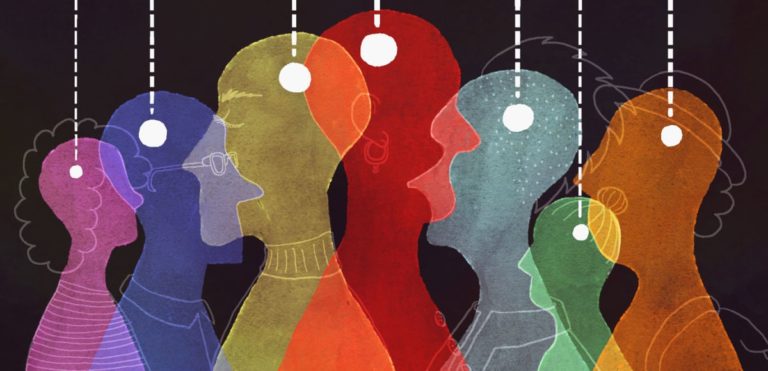We live in an age of equality where everyone wants to be treated the same. It’s the desirable legacy of a centuries-long march to see all people practice their God-given inherent freedoms. It’s an ethos that values merit and character above religion, skin colour, or other factors of little use in deciding job suitability, university admissions or who’s fit for political office.
But no principle can be applied unthinkingly without exception. We also live in a time of too-easy terrorism, where killing hundreds or thousands can occur in a snap-second.
That second reality means it’s overdue for security selectivity in our nation’s airports. Some call that “profiling” and equate it with discrimination. There’s another name for it: smart detective work.
Only in North America do we maintain the fiction profiling doesn’t occur. But it does. In 2005, I was in Toronto for an Israel-bound flight. There were several obvious layers of security specific to the El Al check-in but the process was relatively speedy. Had I been a young male from Yemen, I’d have been asked a few extra questions and likely pulled aside.
For my flight back to Canada, at Ben Gurion airport in Tel Aviv, vehicles must stop at an outer perimeter far from the terminal building. Once through, more screening takes place, including opened luggage searched by hand with plenty of questions from young but intense security agents. I felt safer at Ben Gurion than anyone with a sense of awareness would at our airports, where we bunch up in “security” line-ups that crawl—perfect, slow-moving targets.
Sometimes the profiling is more obvious. In December 2008, on a Casablanca-Calgary flight I was on with a Frankfurt connection, a police car arrived on the tarmac to inspect departing passengers. The police were there to prevent anyone who might have dumped identification during the flight then claiming asylum. So before anyone could descend the stairs, the police first looked for and then at passports. Except that as a pale male with blue eyes and obviously not Moroccan, the German cops waved me through without even a cursory glance at my identification.
The Israeli process is intense and German screening might offend but both are efficient for everyone, profiled or not. It beats North American airports where our legitimate aspirations for social and political equality is mistakenly applied to what is in effect airport police work, and where not all approach the terminal, airplane or cockpit with equal and benign intentions.
And so we pretend everyone is a potentially equal threat. Except that my 79-year old mother, a Sikh grandfather with his brood of grandchildren and a Japanese student carrying a Hello Kitty backpack pose the same likelihood of harm: zero. To make-believe otherwise is akin to expecting police investigating a mugging to assume everyone in the vicinity is a suspect, even after the victim tells them it was a teenage male with a facial scar. But the pretence as applied to airports is why we’re now supposed to show up three (!) hours early for flights, get as naked as possible and store “unnecessary” expensive and fragile laptops and cameras in checked luggage. As if.
Regrettably for young males of Middle Eastern origin, much terrorism has sprung from that cohort. Hopefully, few make the error of assuming that because most terrorists in the last decade were young Muslim males, that most young Muslim males are therefore terrorists. The former description is a factual observation albeit with exceptions; the latter assumption is a logical fallacy.
I grant that profiling is irritating if one receives the extra screening, but the quickest way through security for everyone is if airport staff are allowed to practice quick detective work.
Besides, it’s not as if profiling is only ever negative for non-Caucasians. In my trip to Morocco, a Casablanca carpet dealer profiled me perfectly. I only found out how much I overpaid for two carpets long after I left his shop and was back in Calgary.
Profiling is a reality. We might as well admit it, collectively lighten up a bit, and thus get through security quicker.






